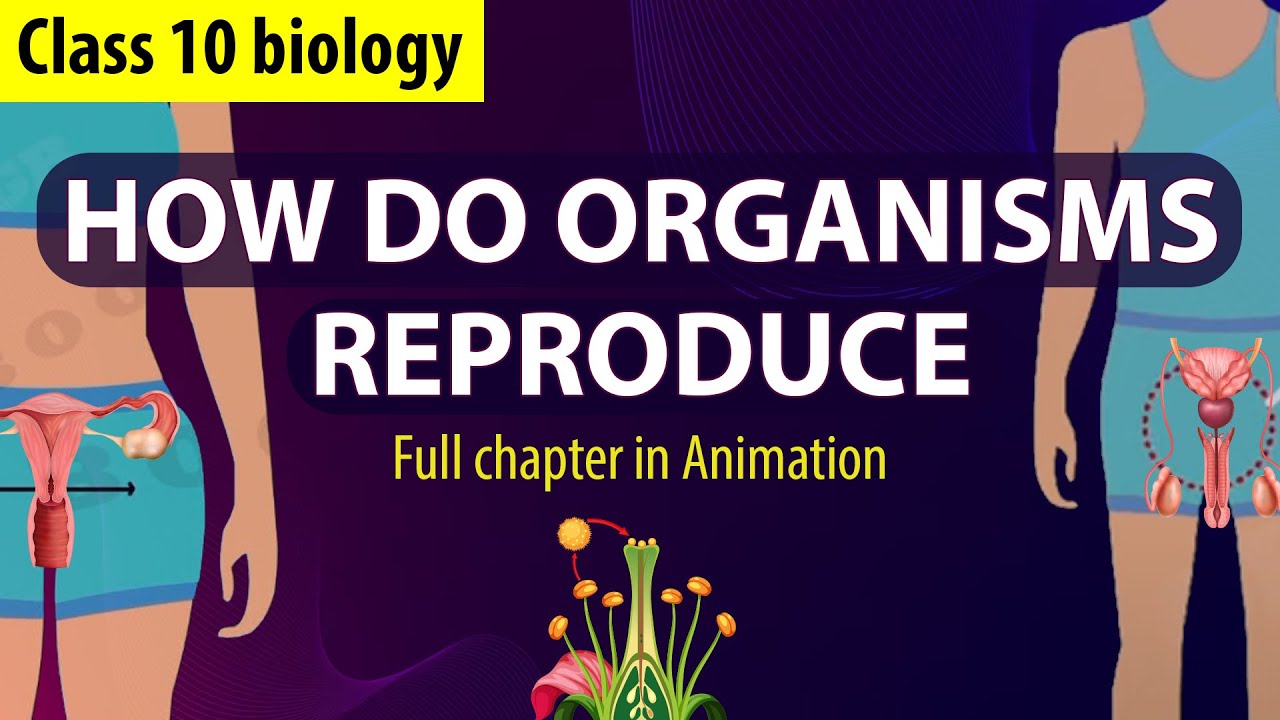GSWS 2163 - Week 1
Summary
TLDRIn this third installment of a weekly lecture series, the discussion delves into the complexities of defining 'sexual acts' and the implications for sex education. Christina Gupta's chapter questions the universality of sex, exploring whether it can be universally defined or if it varies by cultural, gendered, and personal perspectives. The lecture also introduces 'sex positivity,' a concept that challenges traditional sex-negative education and encourages a more open and inclusive dialogue about sexuality. The course, underpinned by feminist, queer, and psychoanalytic theories, encourages students to reflect on their own sexual knowledge and the power dynamics inherent in sex education, prompting critical examination of societal norms and personal beliefs.
Takeaways
- 📚 The lecture explores the concept of defining a sexual act and whether any universal definition exists.
- 🔍 Christina Gupta's chapter questions if there is something universally agreed upon that defines sex in all contexts.
- 🎯 Different tactics for defining sex are considered, such as goals of reproduction or the pleasure of an orgasm.
- 👥 The definitions of sex vary for different people; for some, orgasm or reproduction may be central to the definition.
- 🏫 Definitions of sex can influence sex education curricula, including what is included or omitted.
- 🌍 Societal norms impact how sex is taught, often omitting non-heterosexual or disabled bodies from the conversation.
- ⚖️ This issue is not just sexual but political, as it relates to representation and access to information.
- 💬 The concept of sex positivity is introduced, which will be explored in more detail in future lectures.
- 🤔 The course encourages students to reflect on their early and current sources of sexual knowledge.
- 💡 Power dynamics are key in teaching and learning about sex, and students are urged to explore feelings of discomfort when they arise.
Q & A
What is the main topic of Christina Gupta's chapter discussed in the lecture?
-The main topic of Christina Gupta's chapter is the exploration of whether there is anything truly universal that can be observed about sex, and if there is a definitional aspect that makes something sexual.
How does the definition of sex vary based on goals and objectives as discussed in the lecture?
-The lecture discusses that sex can be defined by different goals and objectives, such as reproduction or the pleasure of an orgasm. For some, sex is not considered complete without an orgasm, while for others, reproduction is the primary goal and pleasure might be secondary or even a hindrance.
What is the significance of defining sex in the context of sex education curriculum as mentioned?
-The definition of sex is significant in sex education curriculum because it determines what types of sexual activities and information are included. If certain types of sex are not recognized, they are often omitted, leading to a lack of information and representation.
Why is the concept of sex positivity important at the start of the course?
-Sex positivity is important at the start of the course because it introduces a contemporary mainstream approach to sexual information and beliefs, which contrasts with historically sex-negative education. It sets the stage for discussing the evolution of sexual education.
What does the lecturer suggest students reflect on regarding their sources of sexual knowledge?
-The lecturer suggests students reflect on their early sources of sexual knowledge and consider their current sources, pondering who or what teaches them about sex now, and why sex might be important to them.
How does the concept of asexuality fit into the course's discussions?
-Asexuality is a topic that will be explored later in the course to understand what it is and how it impacts subjects, contributing to a broader understanding of sexual diversity and experiences.
What role do power dynamics play in teaching and learning about sex, according to the lecture?
-Power dynamics play a significant role in teaching and learning about sex, as these experiences are filled with fluctuating power dynamics. The course uses feminist, queer, and psychoanalytic theoretical frameworks to analyze these dynamics.
What advice does the lecturer give for dealing with discomfort during the course?
-The lecturer advises students not to shy away from feelings of discomfort or disgust that may emerge during the course. Instead, they should sit with these feelings and consider what might be causing them.
What are the two major questions that will anchor the course?
-The two major questions that will anchor the course are: 'Who wants us to know what about sex and why?' and 'What's valuable about sex education?'
How does the lecturer describe the progression of the course in terms of intensity and content?
-The lecturer describes the course as starting off with a gentle introduction but warns that it will become more intensive, theoretically dense, and detailed in analysis as it progresses.
Outlines

このセクションは有料ユーザー限定です。 アクセスするには、アップグレードをお願いします。
今すぐアップグレードMindmap

このセクションは有料ユーザー限定です。 アクセスするには、アップグレードをお願いします。
今すぐアップグレードKeywords

このセクションは有料ユーザー限定です。 アクセスするには、アップグレードをお願いします。
今すぐアップグレードHighlights

このセクションは有料ユーザー限定です。 アクセスするには、アップグレードをお願いします。
今すぐアップグレードTranscripts

このセクションは有料ユーザー限定です。 アクセスするには、アップグレードをお願いします。
今すぐアップグレード関連動画をさらに表示

Understanding the Self - Sexual Self (TAGLISH Discussion)

No Sex Marriage – Masturbation, Loneliness, Cheating and Shame | Maureen McGrath | TEDxStanleyPark

Sexual Economics: A Model of Heterosexual Behavior by Dr. Kathleen Vohs

The Impact of OnlyFans on Women

Multiple Alleles, Sex Chromosomes and Sex-Determination: Knowledge Catalog Grade 9 Biology #9

How Do Organisms Reproduce Complete Chapter🔥 in Animation |Class 10th Science CH-6| NCERT covered|
5.0 / 5 (0 votes)
